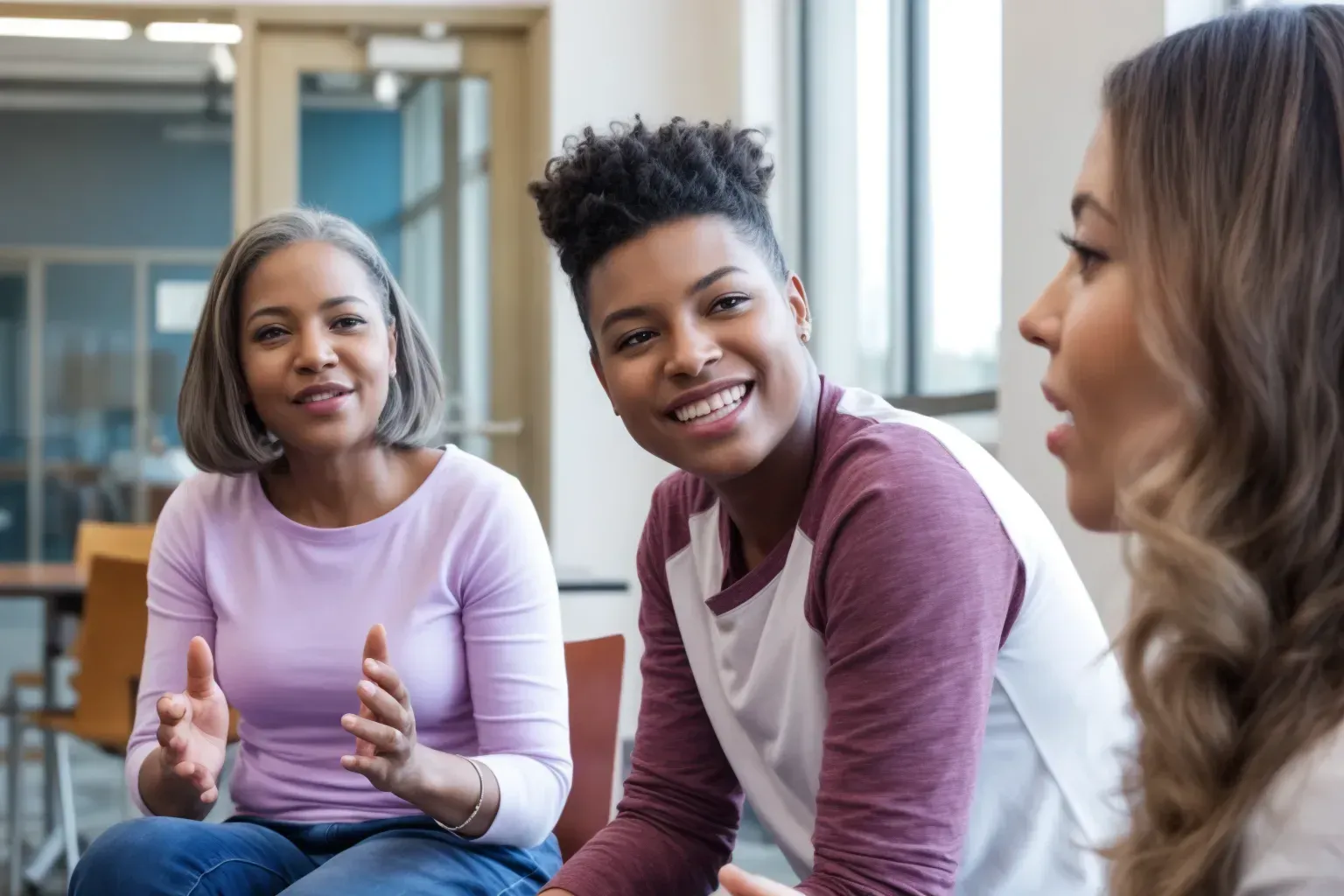Explore Our Blog
Anger & Domestic Violence – Part 20: Educating Teens on Healthy Conflict and Respectful Relationships
Advance Minds Blog
A safe space to explore subjects within the community such as mental health, substance abuse and personal identity.
Our safe space also provides the opportunity for real individuals to express their hardships and success through writing.
Prevention begins with education. If we want to break the cycle of violence, we must start young—before unhealthy patterns take hold.

Teens today are forming their first real relationships, navigating emotional intensity, identity, and peer influence. It’s the perfect (and necessary) time to teach what respect, consent, and healthy communication truly look like.
🧠 Why Teen Education Matters
Teen relationships can be intense—but young people often lack the tools to manage emotions or resolve conflict.
🔹 Many have witnessed unhealthy relationships at home
🔹 Media and social platforms often glamorise jealousy or control
🔹 Without guidance, some teens confuse possessiveness with love
By normalising respectful conflict and emotional literacy early, we build healthier adults.
❤️ Teaching What a Healthy Relationship Looks Like
Teens need clear, positive models—not just a list of red flags.
🔹 Mutual respect and trust
🔹 Freedom to express opinions without fear
🔹 Supporting each other’s goals and boundaries
🔹 Healthy time apart, not emotional dependence
When teens see these values in action, they’re more likely to replicate them.
🚩 Red Flags Aren’t Always Obvious
Many teens don’t realise they’re in an unhealthy or abusive relationship.
🔹 Excessive texting or needing to “check in” constantly
🔹 Guilt-tripping, isolation from friends, or emotional blackmail
🔹 Name-calling or gaslighting during conflict
🔹 Threats to self-harm if the relationship ends
Helping teens recognise these signs could prevent years of harm.
🗣️ Normalising Conflict Without Abuse
Conflict is natural—but abuse is not.
🔹 Teach that disagreement doesn’t equal disrespect
🔹 Emphasise calm communication, listening, and compromise
🔹 Help them identify when a conflict crosses the line into emotional harm
Conflict handled well strengthens relationships; mishandled, it can destroy trust.
📱 Social Media & Digital Boundaries
Teens live in a world of constant connection—and constant pressure.
🔹 Discuss digital abuse (e.g. controlling who they follow, demanding passwords)
🔹 Model and encourage consent in sharing images or private messages
🔹 Teach them that privacy is not secrecy—it’s a right
Respect must extend into the digital world too.
🏫 How Schools and Parents Can Work Together
Education can’t fall solely on one system. It’s a shared job.
🔹 Schools: Implement respectful relationships curriculum and peer-led programs
🔹 Parents: Talk early and often about love, respect, and boundaries
🔹 Both: Avoid shame-based messages—foster open, honest dialogue
When teens trust adults to listen without judgment, they ask for help when it matters most.
🌿 Final Thoughts 💞🌈
Healthy relationships don’t come naturally—they’re taught, modelled, and practiced.
When we teach teens how to communicate, respect boundaries, and handle emotions, we equip them with tools that last a lifetime.
The earlier we start, the more hearts we protect.
Let’s raise a generation that chooses respect, listens deeply, and resolves conflict without harm.

















